Human Resources
£2360 (£1600 during the tuition waiver period)
The aim of this course is to introduce learners to the importance of good employee relations for business success and the impact of changes which have affected employment relationships. Competencies required by HR professionals in designing, implementing and evaluating employment relations strategies, plans, policies, systems and procedures to mitigate organizational risk, support organisational performance and meeting the organisation's business goals will be discussed. Also, to develop the ability to make remedies to current/ potential conflict situations compliance to legal and ethical considerations.


1. Understand the context of employee relations against a changing background
2. Be able to analyse the impact of local, national and international contextual factors on the employment relationship
3. Understand the importance of employee relations on organisational performance


Scholarships
Citizens of the following countries are eligible for a 50% scholarship upon writing a personal statement. All scholarships are to be approved by the Academic Board. The list of countries are: Sri Lanka, Indonesia, Philippines, Bhutan, Morocco, Vietnam, Papua New Guinea, Laos, Cambodia, India, Nigeria, Ghana, Bangladesh, Laos, Myanmar, Pakistan, Nepal and South Africa. Please talk to your student counselor and ask for the Coupon Code to get the 50% Tuition Waiver.

To pass the unit a 40% overall grade must be achieved.

You are eligible if you meet our stipulated entry requirements.









Introduction
The concepts and processes of employment relations
The dynamic context of employment relations
Managing employment relations
Employment relations strategy, employee engagement and voice
Representation at work
Equality, diversity and inclusion
Health, well-being and the employment relationship
The management of workplace conflict
Workplace discipline
Managing employee grievances
Managing redundancies